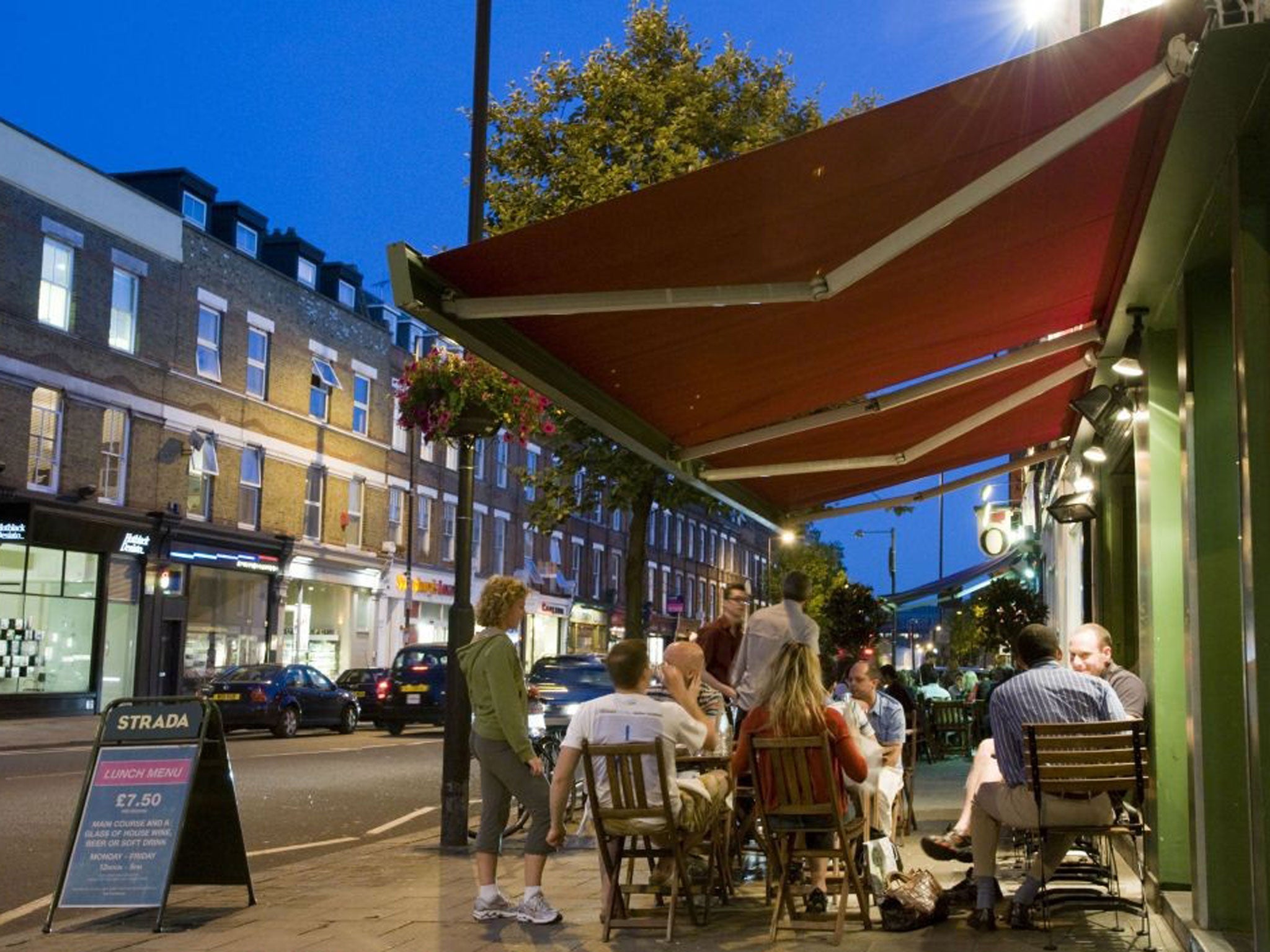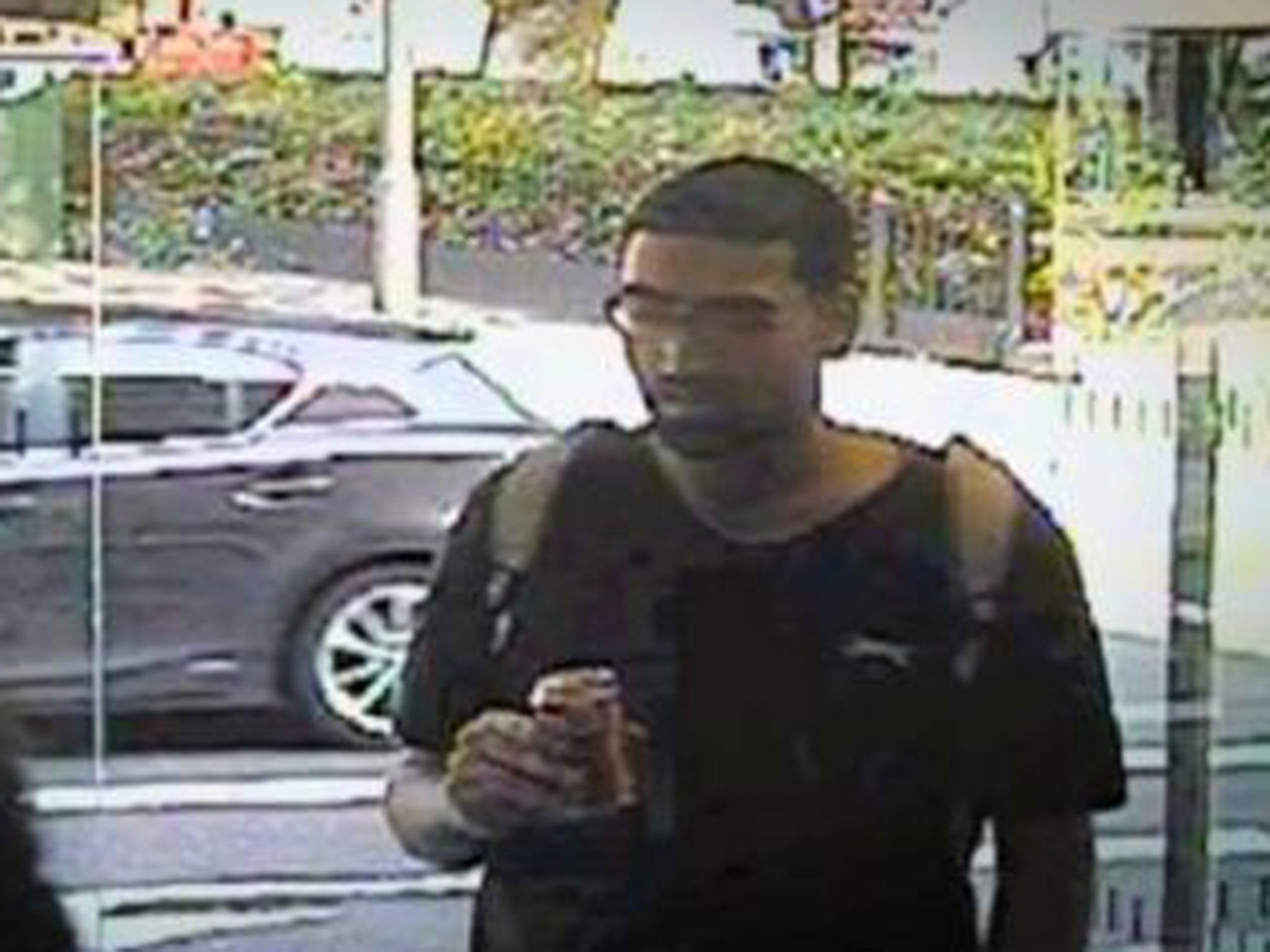Bogus Islington landlord scams public for £20,000 in fake deposits
It’s not just Islington... Simon Read warns renters and landlords about a nationwide fraud operation

The police this week released CCTV of a bogus landlord suspected of defrauding members of the public out of thousands of pounds. The man rented a flat in Islington in north London and advertised it on flat rental websites. He then tricked at least 12 people into handing over sizeable deposits, giving, in total, more than £20,000 to the fraudster.
When new tenants arrived with their belongings, it became obvious they'd been victims of a scam. The bogus landlord was caught on CCTV when he persuaded one of his victims to withdraw £4,200 from a bank to pay for her rent in advance.
He's not the only crook out there tricking hopeful tenants. There's an army of bogus landlords targeting people looking to flatshare or rent a home. The fraudsters are busy posting bogus flatshare or rental deals online to trap people into handing over huge deposits. But when they get your cash, they trouser it and disappear.
It happened to Pauline when she moved to London from Ireland last year after finishing university. "I had been looking on several websites to find a flatshare as coming out of uni that's all I could afford. I was contacted by Denise who said she was the landlord of a Whitechapel four-bed flat to share."
They exchanged emails and Denise sent pictures of the flat, which looked fine. Pauline asked her to book the room 10 days before her flight to London. Denise asked for a deposit and the first month's rent to secure the room, so Pauline sent £1,200 after Denise had forwarded her a copy of her passport and gave over her bank details. "Ten days later I flew into London and went straight from Heathrow to the address Denise had given me. It was a shock," says Pauline. "The flat belonged to a family who said that no Denise had ever lived there."

There are similar tales of woe happening all the time. Unsuspecting people are tricked by unscrupulous crooks preying on their victims' lack of experience. The specialist flatsharing website EasyRoommate reckons that on average, it spots and takes down around 1,400 fake room registrations each month out of the 40,000 listings it carries.
EasyRoommate chief executive Karim Goudiaby said: "You should never sign a formal agreement or pay your deposit before having physically viewed the flat. On top of that don't disclose your private email address or phone number or provide personal documents such as ID card, passport, home address, payslips until you've seen a flat and signed an agreement."
The site advises prospective renters to follow a well-established and important order of events when you're looking for and entering into a tenancy agreement. The first, and most crucial, is for the tenant to view the flat and meet the landlord in person. An honest landlord should be happy to answer any questions you have without being evasive.
Both parties should then agree terms and conditions of the tenancy, the tenant's references should be checked and a formal contract drawn up, agreed and signed. That should all happen before the deposit is paid by the tenant and the landlord should then be happy to provide a deposit receipt.
Get a free fractional share worth up to £100.
Capital at risk.
Terms and conditions apply.
ADVERTISEMENT
Get a free fractional share worth up to £100.
Capital at risk.
Terms and conditions apply.
ADVERTISEMENT
Tips to spot potentially crooked listings include looking out for offers that seem a little too attractive. Tell-tale signs of a fraudulent ad include the rent price being slightly below the market average.
You should also be wary of ads that are very detailed and promising a lot or, conversely, are very vague and could be describing any room in the country. Alarm bells should also sound if you're told a flat belongs to a family member or friend who is abroad and cannot meet with you in person.
Crucially, never agree to transfer money through Western Union or Moneygram. Fraudsters may ask you to send money to yourself to prove that you have the funds but will have already made a fake ID in your name. That'll allow them to simply pick up the cash you've transfered without you knowing. By the time you go to collect your money, you'll be told that it's already been collected – and the scammer will be long gone.
Steve Bolton, of Platinum Property Partners, said: "The majority of landlords are honest, but tenants must protect themselves against the bad apples." He advises people to check the landlord is a member of an association and get a receipt for their deposit, as well as a certificate to show which deposit protection scheme their money has gone into.
"If a tenant is concerned that they might be dealing with a fraudster there are some extra belt and braces steps they can take, like checking on the Land Registry that the person who says they are the landlord actually owns the property," he added.
What happened to Pauline? After a short stay in a hostel and with help from her parents, she eventually found a flat in Stratford and now works in a restaurant nearby.
The scams: how they work
It's not just prospective tenants that can be tricked out of their savings by clever thieves, they're targeting landlords too. The crooks respond to ads claiming to be looking for a flat. They come round and check the property and even provide what looks like a real reference before handing over a deposit. But it's all part of the build-up to the sting. The bogus tenant pays the deposit for a room with a cheque before contacting the landlord saying they've "changed their mind".
They often have convincing sob stories accompanied by crocodile tears, all designed to make the trusting landlord agree to the crook's request for a refund. Of course, once the deposit is returned by the landlord, the tenant disappears before it's discovered that their cheque has bounced.
What should landlords do to spot crooks?
EasyRoommate advises putting caveats in place before entering a formal agreement. These include asking for a tenant reference check and information such as a driver's license and passport to confirm identity. Ask renters to provide recent bank statements or a letter from their employer that confirms their current employment status.
It's also wise to conduct a legal immigration check to ensure a prospective tenant has the right to reside in the United Kingdom before you grant them tenancy.
Join our commenting forum
Join thought-provoking conversations, follow other Independent readers and see their replies
Comments
Bookmark popover
Removed from bookmarks